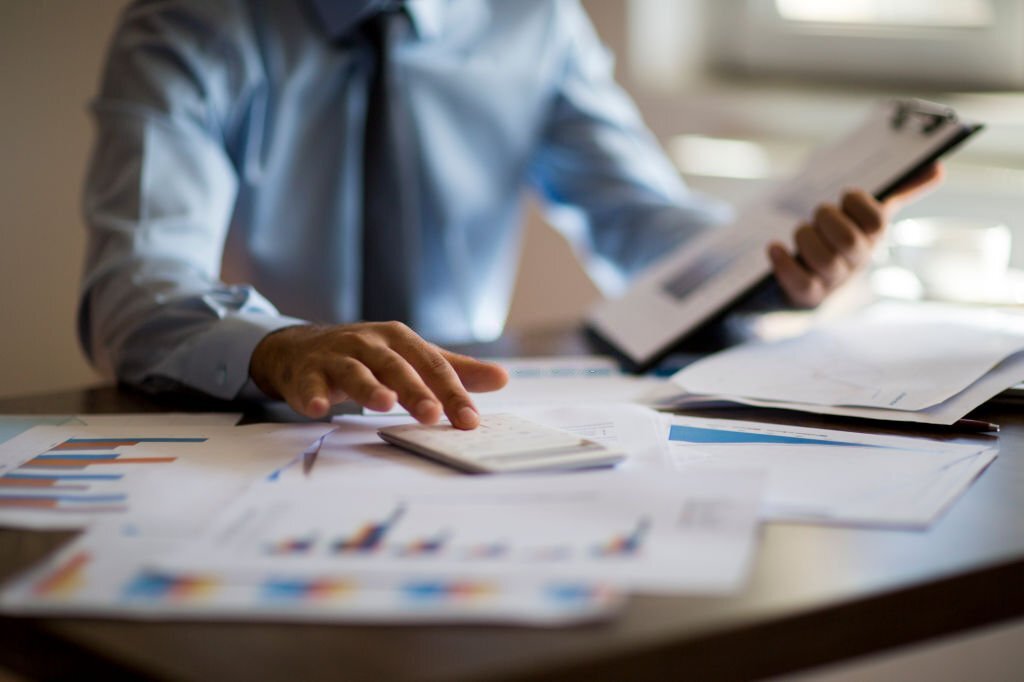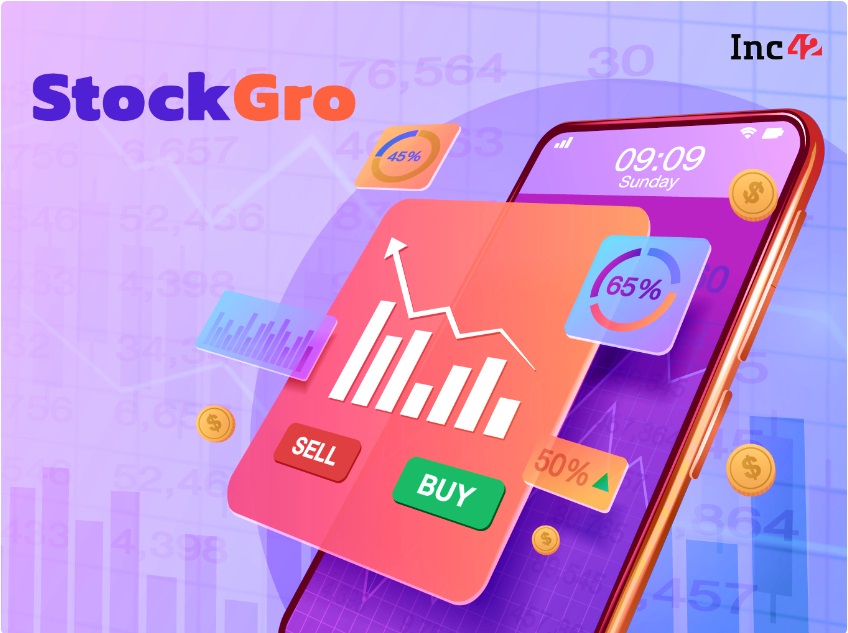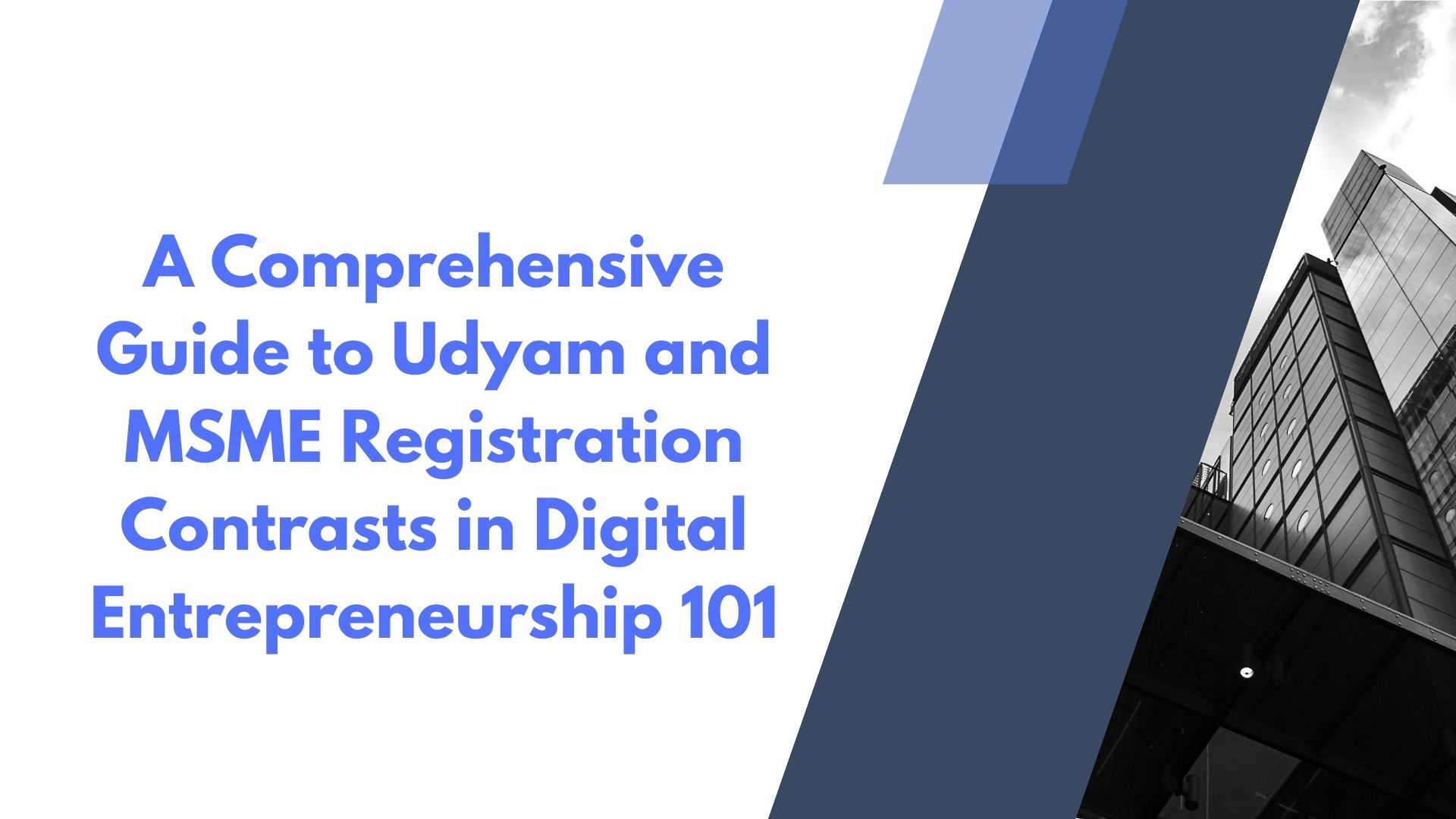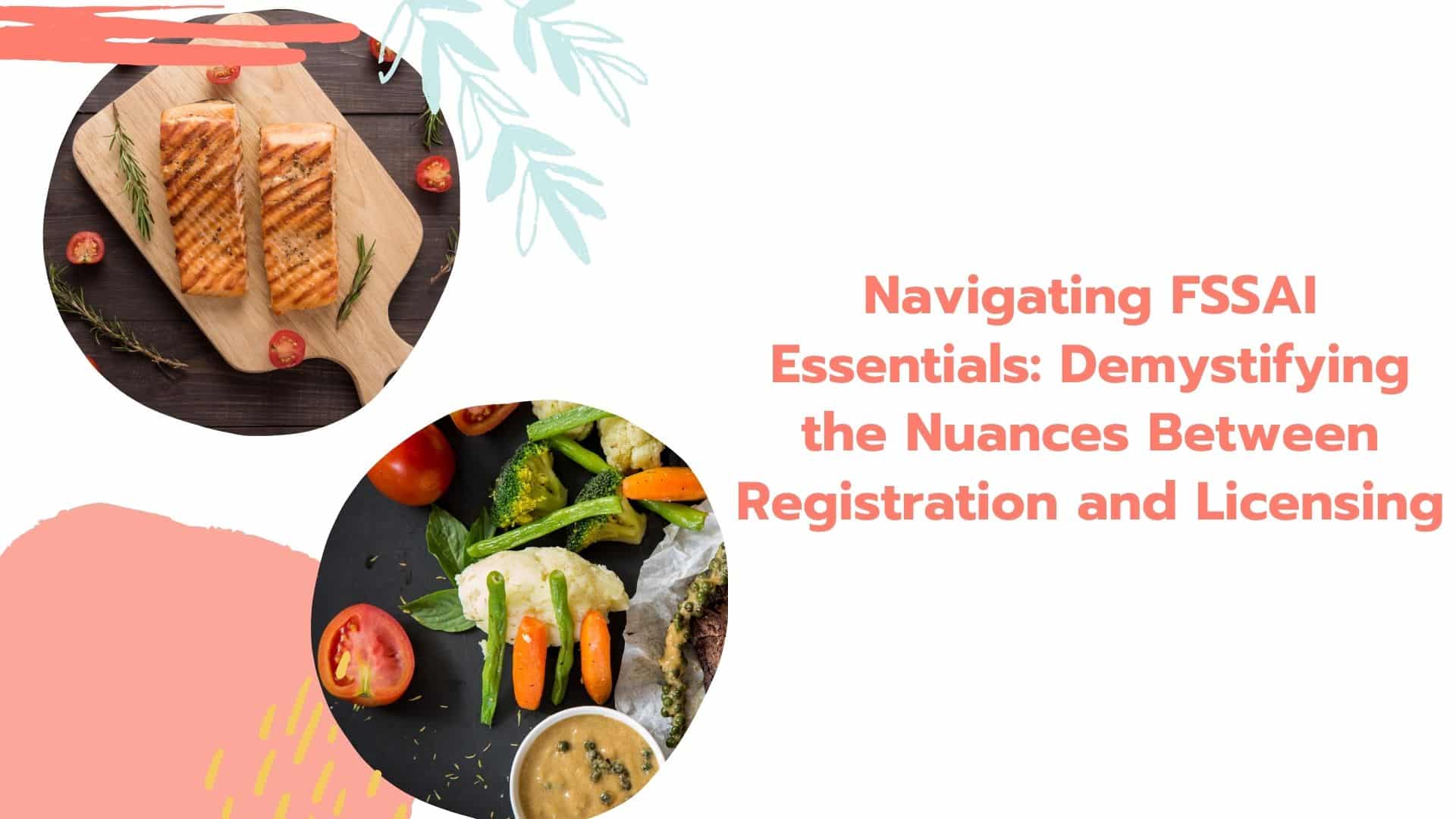Value Added Tax, commonly known as VAT, is a tax on the value added to a product or service at each stage of the supply chain. In the UK, VAT is a consumption tax on most goods and services. For businesses and individuals operating in the UK, it is important to understand how VAT works. In this guide, we will demystify VAT accounting in the UK and provide a comprehensive guide for beginners. We’ll also discuss how to find the best UK accountants for VAT-related business matters.
VAT Registration
The first step in VAT accounting is to register for VAT with HM Revenue & Customs (HMRC) if your business meets certain criteria. Businesses with a turnover above the VAT threshold (currently £85,000) need to register for VAT. Businesses with a turnover below the VAT threshold can choose to register voluntarily. Once registered, you will receive a VAT registration number and will need to charge VAT on your sales and pay VAT on your purchases.
VAT Rates
In the UK, there are three VAT rates: the standard rate, the reduced rate, and the zero rate. The standard rate is currently 20% and applies to most goods and services. The reduced rate of 5% applies to certain goods and services, such as domestic fuel and power, and children’s car seats. The zero rates apply to certain goods and services, such as most food and children’s clothing.
VAT Returns
VAT-registered businesses need to submit VAT returns to HMRC. VAT returns show the amount of VAT charged on sales and the amount of VAT paid on purchases. The difference between these two amounts is the amount of VAT due to HMRC or the amount that HMRC owes to the business. Businesses and individuals need to submit VAT returns quarterly, while some businesses need to submit them monthly.
VAT Accounting Methods
There are two VAT accounting methods that businesses can use: the accruals basis and the cash accounting basis. The accruals basis is the most common method and is based on the invoice date. Under the accruals basis, VAT is accounted for when an invoice is issued or received. The cash accounting basis is based on the date of payment. Under the cash accounting basis, VAT is accounted for when payment is received or made.
VAT Record Keeping
Proper VAT record keeping is essential for accurate VAT accounting. VAT-registered businesses must keep records of all sales and purchases, as well as all VAT invoices and receipts. VAT records must be kept for at least six years.
Overall, VAT accounting in the UK can be complex, but with proper understanding and compliance, businesses and individuals can effectively manage their VAT obligations. As a beginner, it’s important to ensure that you register for VAT, understand the different VAT rates, submit accurate VAT returns, choose the appropriate VAT accounting method, and maintain proper VAT record keeping. If you are uncertain about any aspect of VAT accounting, it’s best to seek the advice of professional UK accountants.
Where to Find the Best UK Accountants For VAT-related Matters?
Finding the best VAT accountant in the UK can be a daunting task, but there are several resources available to help you find the right one for your business or personal needs. Here are some suggestions for where to start your search:
Referrals –
Ask other business owners or individuals in your network if they can recommend a reliable and experienced VAT accountant UK. Personal recommendations can be a great way to find a trustworthy accountant.
Professional Associations –
Check with professional associations such as the Association of Chartered Certified Accountants (ACCA), the Institute of Chartered Accountants in England and Wales (ICAEW), or the Association of Taxation Technicians (ATT) for a list of accredited VAT accountants in your area.
Online Directories –
Several online directories list VAT accountants in the UK, such as Find UK Accountant and AccountingWEB’s Accountant Directory. Thanks to directories, you can search as per the location and specialism. So, it becomes easier to find UK accountants who fit your businessneeds.
Reviews and Ratings –
Check online reviews and ratings on websites such as Trustpilot and Google to see what other clients have to say about their experiences with VAT accountants. This can help you get a sense of their level of expertise and customer service.
Initial Consultation –
Once you have narrowed down your list of potential VAT accountants, schedule an initial consultation with each of them. This will allow you to ask questions and discuss your needs. Hence, you can decide whether to go for a specific accountant or not.
Ultimately, finding the right VAT accounting firm or accountant for your business will depend on several factors, including your business needs, budget, and personal preferences. It may be helpful to schedule a consultation with Lancing Cotswold VAT accountants. Also, also learn more about their services and experience to see whether they are a good fit for your needs.




